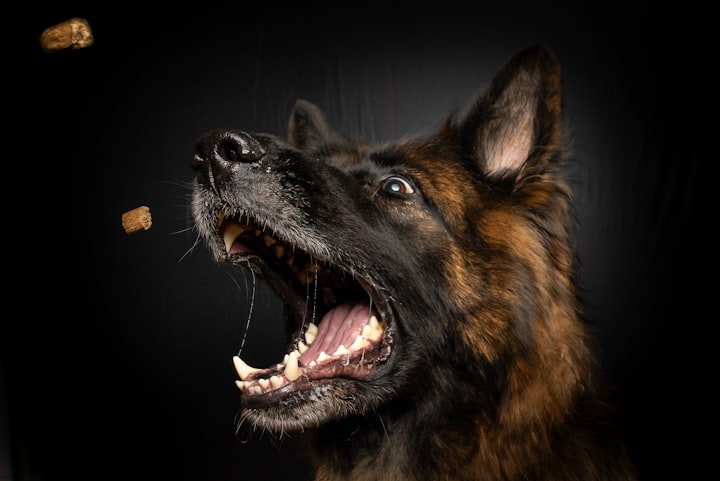Old Dog Calorie Needs: The Myth of Less Calories for Senior Dogs
While it's true that senior dogs experience some changes in metabolism and activity levels, assuming they need significantly fewer calories can be detrimental to their health. Read more ⤵️

As our beloved dogs age, their dietary requirements evolve along with them. One of the most common misconceptions among owners is that senior dogs need fewer calories as they grow older. However, this is not entirely accurate. In this article, we'll explore the topic of old dog calorie needs and debunk the myth surrounding the notion that senior dogs require fewer calories.
Understanding Senior Dogs' Unique Nutritional Requirements

As dogs age, their bodies undergo various changes. These changes can affect their metabolism, muscle mass, and overall energy levels. It's essential to cater to these specific needs to ensure our senior dogs remain healthy and happy in their golden years.
1. Slower Metabolism
One of the primary reasons people assume senior dogs need fewer calories is because their metabolism tends to slow down with age. While this is true to some extent, it doesn't mean a drastic reduction in caloric intake is necessary. Instead, a moderate adjustment is more appropriate.
2. Muscle Mass and Exercise
Senior dogs may experience a decrease in muscle mass and might not be as active as they were in their youth. However, it's crucial to maintain a healthy level of physical activity to prevent obesity and maintain joint mobility. Providing adequate calories supports the energy requirements for exercise and helps preserve muscle mass.
3. Nutritional Density
With a slower metabolism and potentially reduced food intake, it becomes essential to ensure that the food they do consume is nutrient-dense. Opt for high-quality senior dog food that is specifically formulated to meet the unique needs of older dogs. These foods often contain balanced nutrients, joint supplements, and antioxidants that support aging bodies.
Debunking the Myth: Senior Dogs Do Not Always Need Fewer Calories
The idea that senior dogs need significantly fewer calories is a misconception that can potentially harm our furry friends. Drastically reducing their caloric intake can lead to nutritional deficiencies, weight loss, and lethargy.
It's crucial to understand that the calorie requirement for each dog is different and depends on various factors such as size, weight, activity level, and overall health.
Factors to Consider for Determining Calorie Needs in Senior Dogs
- Body Condition: Assess your senior dog's body condition score regularly. A veterinarian can help determine if they are underweight, overweight, or at an ideal weight. Adjust their calorie intake accordingly.
- Activity Level: While senior dogs may not be as active as they once were, regular exercise is still essential for their well-being. Consider their activity level when calculating calorie needs.
- Health Status: Certain medical conditions, such as diabetes or kidney disease, can impact a senior dog's calorie requirements. Work with your veterinarian to develop a suitable diet plan.
- Weight Management: If your senior dog is overweight, focus on providing a balanced, calorie-controlled diet to help them shed excess pounds gradually.
- Consult Your Veterinarian: Always consult with your veterinarian before making any significant changes to your senior dog's diet. They can offer personalized advice based on your dog's individual needs.
In conclusion, it's essential to address the unique nutritional requirements of senior dogs. While their metabolism may slow down and their activity levels decrease, it's not accurate to assume that they need significantly fewer calories.
Moderation and balance are key when adjusting the diet of an older dog. Always consult your veterinarian for professional guidance and choose high-quality, senior-specific dog food to ensure your furry companion enjoys a healthy and vibrant life throughout their golden years. Remember, a well-nourished senior dog is a happy and contented companion.
Related article:






Comments ()